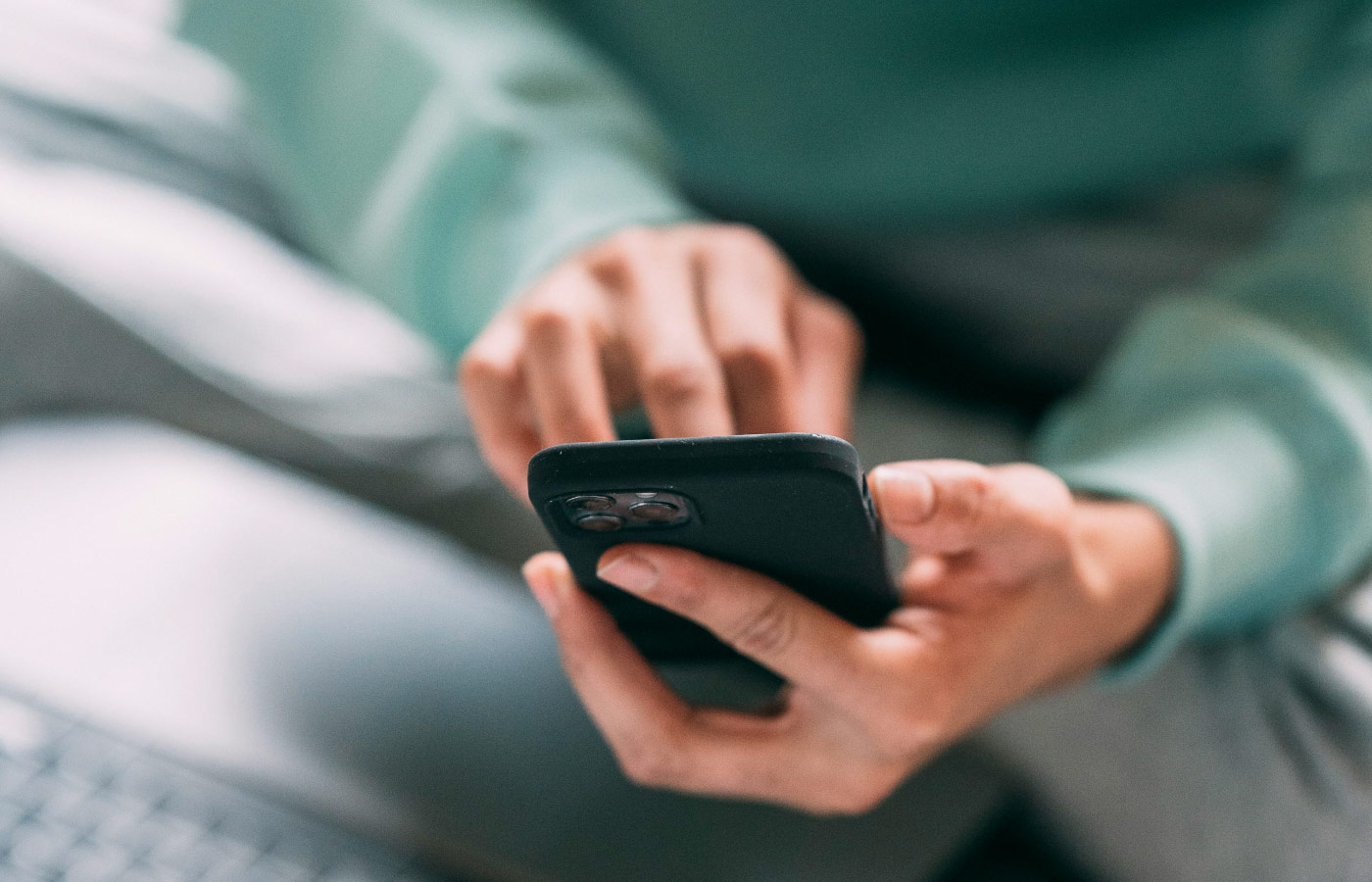In a world where anyone can broadcast their advice, distinguishing between helpful guidance and misleading fads can be challenging. While not to diminish the value of shared personal experiences in nutrition, which can indeed be helpful, I also urge you to critically evaluate where you source your nutrition-related information. Especially when it is presented as a universal solution by those potentially lacking the necessary expertise.
The digital era allows both qualified and unqualified individuals to share advice, leading to a double-edged sword of information availability. This widespread sharing can sometimes undermine the credibility of trained professionals, who may know the biochemical pathways of nutrients but lag in practical, contemporary dietary advice, occasionally promoting outdated options like processed cereals. Yet those who aren’t trained, may not know or understand the full impact of what they are recommending as something that has worked for them, on someone else’s unique biochemistry.
Consider the popular shift toward intermittent fasting. There are different approaches to intermittent fasting and in some of them it’s suggested you eat 500 calories a day for two days out of the week. If this is a day where you don’t have much on and you’re not using your brain very much, that might be okay. Yet, if it’s on a day where you’re particularly busy, or you have so much on your mind and you’re juggling a lot, or a day where you’re going to the gym or doing some other kind of exercise, it wouldn’t be wise or even healthy for you to eat only 500 calories. We forget that the brain uses a huge amount of energy to run so many functions in our body, and also enables us to make decisions and allows us to concentrate.
Also, when we restrict our caloric intake to lower than 1200 calories per day, it is very hard, if not impossible, to meet our micronutrient needs – all the vitamins and minerals we get from our food. It’s the micronutrients that allow us to convert what we eat into energy so we can enjoy our days feeling vibrant. We also need these micronutrients to drive all the biochemical pathways in our body that allow everything to work incredibly well and none of that can happen when we’re not eating enough food. It’s nuances like this that underline the risks when non-experts guide others without a comprehensive understanding of nutrition and what an individual needs.
Another form of intermittent fasting involves restricting the eating window in your day and extending the length of time you go without food. Not very long ago, we did this naturally, as we ate dinner, went to bed and then broke our fast with our morning meal. It’s likely that one of the reasons intermittent fasting has become so popular is that the length of the time between dinner and breakfast became briefer and briefer for many people, as it’s easy to have cupboards containing sweet, ultra-processed foods that beckon us at night and if not, we can zip to the petrol station and grab a chocolate bar and a packet of chips at midnight if that tickles our fancy. The hijacking of our brain by components (ingredients) in ultra-processed ‘foods’ (junk) now means that, other than Labradors (and I say that with fondness), we are the only species who needs to be told to stop eating at a certain time, and also when it’s ok to start again. A huge reason for this is that too many of us no longer eat in a ‘species-specific’ way. Studies show that on average, about 65 percent of the contents of our shopping trollies are made up of ultra-processed foods. That’s why an incredibly helpful first step to take to regaining the capacity to hear your own satiety and hunger cues is to simply focus on eating food, not junk. As an aside, I don’t share this as a criticism of an intermittent fasting approach if it fosters exceptional health for you. It’s simply an example of dietary information shared that often requires tailoring to an individual rather than a blanket approach.
The main problem I see with following advice outside of yourself – especially when it comes from places like social media is that none of it teaches you to tune into how your body is feeling on any given day. If you were truly in touch with your appetite, you would notice there are days when you’re naturally not that hungry and others where you feel like you need more, and if you no longer notice this, it can be a sign that you’re experiencing insulin resistance and/or leptin resistance – biochemical shifts that can be addressed if you know they are happening.
In my view, a healthy relationship with food centres on nourishment rather than stringent diets. By listening to our bodies, we can understand what truly nourishes us and what doesn’t. Our bodies react uniquely to different foods, providing direct feedback through symptoms and energy levels. This personal insight is invaluable and I encourage you to trust yourself again.
As we navigate this ever-expanding sea of information, remember: the most reliable advice often comes from your own experiences and how your body feels post-consumption. Use your energy levels as a barometer for what foods serve you well. Engaging honestly with yourself about your dietary choices requires courage, but it fosters a deeper understanding and appreciation of how your body responds to different foods.
Let your body be the ultimate guide to your nutritional needs, rather than relying solely on external sources. By tuning in to your own physical responses and respecting your unique health history and current conditions, you empower yourself to make informed, beneficial nutritional choices. This approach not only simplifies the complex world of dietary advice but also helps you to maintain a physically and emotionally nourishing lifestyle in a way that’s tailored just for you.









